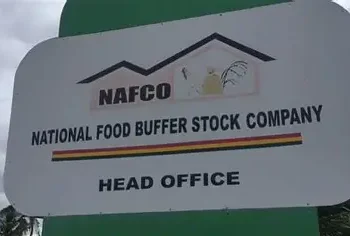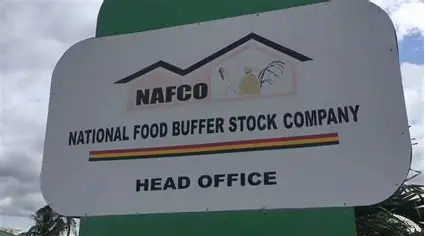A Research Fellow at the Centre for Social Policy Studies (CSPS) at the University of Ghana has stated that the current debt and debt servicing challenges that the country is battling with could partly be blamed on the policy direction of the International Monetary Fund (IMF).
According to Dr. Kwadwo Opoku, the conditions that the Fund forced Ghana to implement during its last bailout in 2015 practically opened the doors of Government to continue to borrow from the international capital market since it could not borrow from the Central Bank.
Commenting on the recent downgrade of the country’s credit ratings by Moody’s and the call by some experts for the government to seek another IMF bailout, the Research Fellow underscored that the situation is not that bad and so Ghana only needs a temporary arrangement with the Fund that will guarantee investors that incase of any debt servicing challenges, the IMF stands ready to help. According to him, this arrangement may not require any conditionalities if the authorities are able to negotiate the terms and conditions well.

“We can go in for some of these arrangements, It’s just like what we had in 2015. So, we can decide on it but where comes from this problem? The problem can also be attributed to IMF themselves. Sometimes the policy makers have to be very careful. When these conditionalities come, we should be able to negotiate and tell them that the solution that they are providing might not be good for our country.
“When we wanted to go for IMF support, they practically stopped us from the central bank lending to the government. When that happened, the government cannot also continually borrow from the domestic private sector, because if you do that, you are crowding out. So, that increased the need for us to borrow from outside. If you remember, we issued a lot of bonds, Eurobonds, especially from 2014 to 2019”.
Dr. Opoku
Interest payments increasing the need to borrow more
Dr. Opoku told the Vaultz news that because government does not create its own dollars, it is forced to borrow anytime the debt is due for repayment to avoid defaults that will wane investor confidence.
“When they are supposed to make repayment, the government will go back to the market and borrow again just to offset that loan so that they pay the people back. So, now the problem is that if people aren’t ready to lend to you, when it falls due, how are you able to pay? Because remember, you can’t create your own dollars. That is the problem and that may bring IMF in but fortunately or unfortunately, we have enough international reserves that can cater for us, at least for this year”.
Dr. Opoku
The Economist however, believes the country cannot rely on its reserves for long to service its rising debt since that isn’t sustainable. He explained that the IMF has several programs which Ghana can opt for, some of which may not come with conditions attached.
He further stated that the country’s growth rate is intact and currently the budget does not have a twin deficit as was previously the case. He noted that the current account is in surplus “so it tells you that, in the long term, the fundamentals are not that weak but it’s just that something is happening that is causing this problem”. He stressed the need to improve revenue mobilization to reduce the rising appetite for borrowing.
“Luckily enough for us, if you look at the third quarter growth rates it means that the rebound is very good so we don’t have growth problem. I don’t think the problem is so huge, the problem is just about the fact that our revenues are low, that’s why it is creating all these problems. Once that is solved and we are able to increase the market sentiments, I think we should be fine. It’s a short term problem that we are facing”.
Dr. Opoku
Dr. Opoku explained that naturally, when the IMF lends to government, the support only goes into the budget and the Fund won’t give loans that can be used to pay workers or build roads or do anything else. The Economist clarified that people should not think that the Fund will provide money that will be used for recurrent expenditures of the government saying, “they give you support or money for balance of payment problems”. He therefore, urged the Central Bank to support the government when the need be since that will help promote growth and also reduce inflation in the country.
READ ALSO: IMANI President, Others Call On Ghanaians To Boycott Phone Calls Come February 8



















